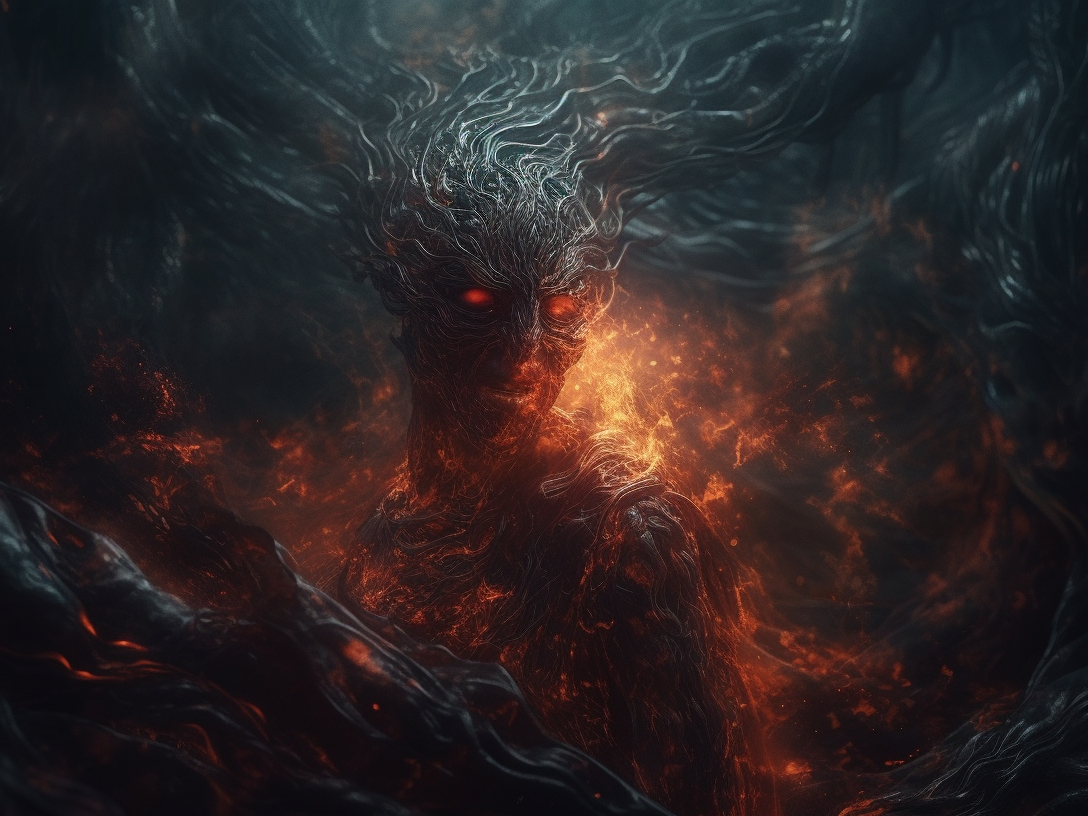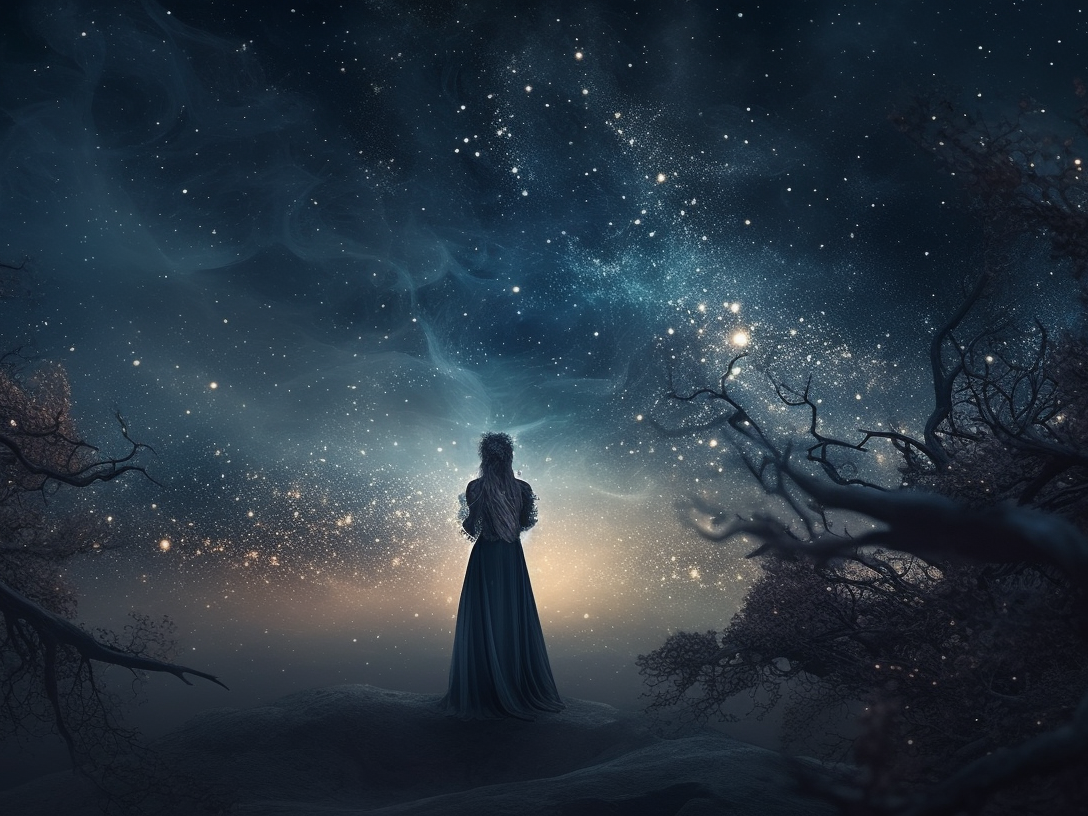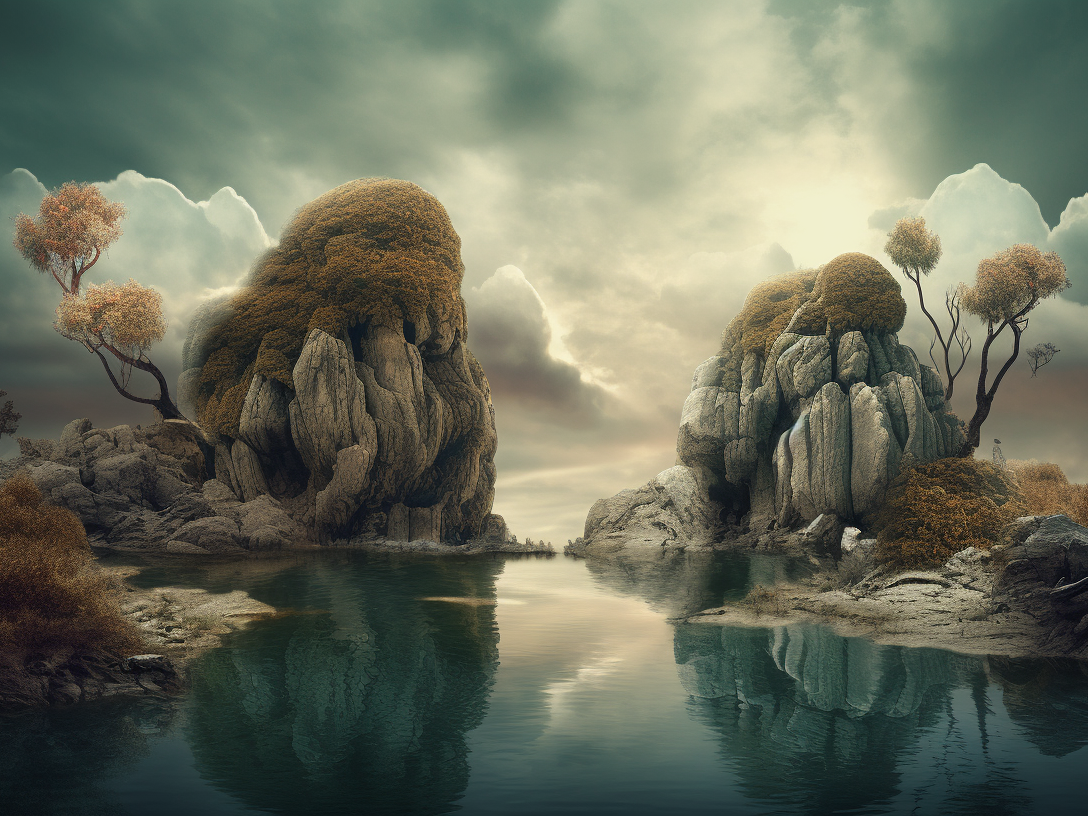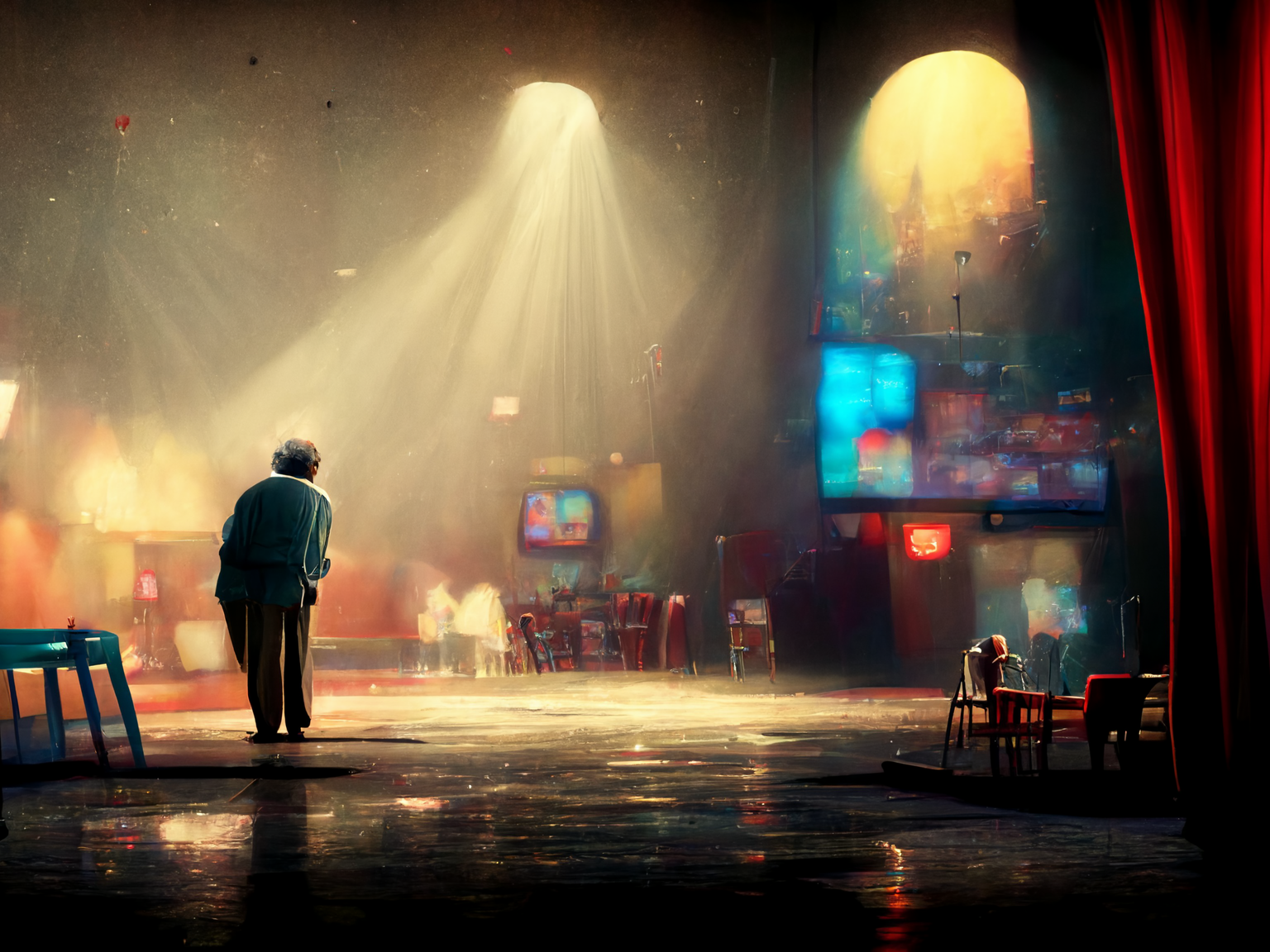Holed up in a stove-heated room, facing the early onset of winter, René Descartes questioned the authenticity of existence and his basis of perception. In this snowy exile, left alone with the elements, he reached the eventual conclusion that the human mind exists, in all of its complexity. With renewed passion, the philosopher set off, taking with him three words: “Cogito ergo sum”, I think, therefore I exist.
Today we live in a world defined by entropy, the measure of disorder in a system. It’s been well-established that with time, matter tends towards chaos. Ice melts, water boils, glass shatters, and conventional wisdom supports these transitions. But that’s not to say the opposite isn’t possible. Let’s journey into a not-so-distant past, to Descartes's time when the universe was deemed to be infinite.
Infinite time breeds infinite possibility, meaning that everything, at one time or another, is assured to happen. Let’s speculate. In this vacuum, particles, unrestricted by time, are able to, through random collision and the reversal of entropy, form something from nothing. Think about the following two theories, and determine which is more likely. First, picture the formation of an entire universe from a collection of random particles colliding at the exact right moment, then picture a brain being created by the same random collision of particles. The brain is exponentially more likely. In fact, it’s far more likely for an ephemeral brain to have spontaneously formed, complete with its own consciousness than it is for the universe we know to have come about.
So, does this mean that we are a Boltzmann brain, born from the random interaction of particles, containing a lifetime of consciousness in a single second? It’s tough to imagine that everything we understand may be a cosmic anomaly, a blip traveling through the stars. There is one caveat, however, from which our paradox emerges. Maintaining that the universe is infinite, it’s impossible for one to also be correct in the belief that they exist. Either the universe is infinite and we do not exist, or we exist and the universe is infinite. It follows that existing in an infinite universe is impossible.
Today we have a simple resolution, the universe is finite. But is that really all there is to it? Evidence for the Big Bang and cosmic deterioration is widespread throughout the universe, and yet, this only raises further questions. What preceded the Big Bang, and if entropy is standard, then how did the universe begin orderly? If our universe has slowly devolved into disorder, as is the common consensus, then it stands to reason that we are caught in a recurring cycle of creation and destruction. The universe we know, while finite in its origin, is perhaps the product of an infinite body of particles, randomly colliding with one another. If a Boltzmann Brain can be generated from nothing, then what is there to say that the universe could not have followed suit? Simply increase the scale and our universe is, in effect, a brain of cosmic proportions, subject to the same forces as us.
We may be the rare product of a universe doomed to die or a mass of brain matter floating alone through the stars, a blip of consciousness in the infinite. Descartes never got this far, and perhaps it's for the best. Some stones are best left unturned.










